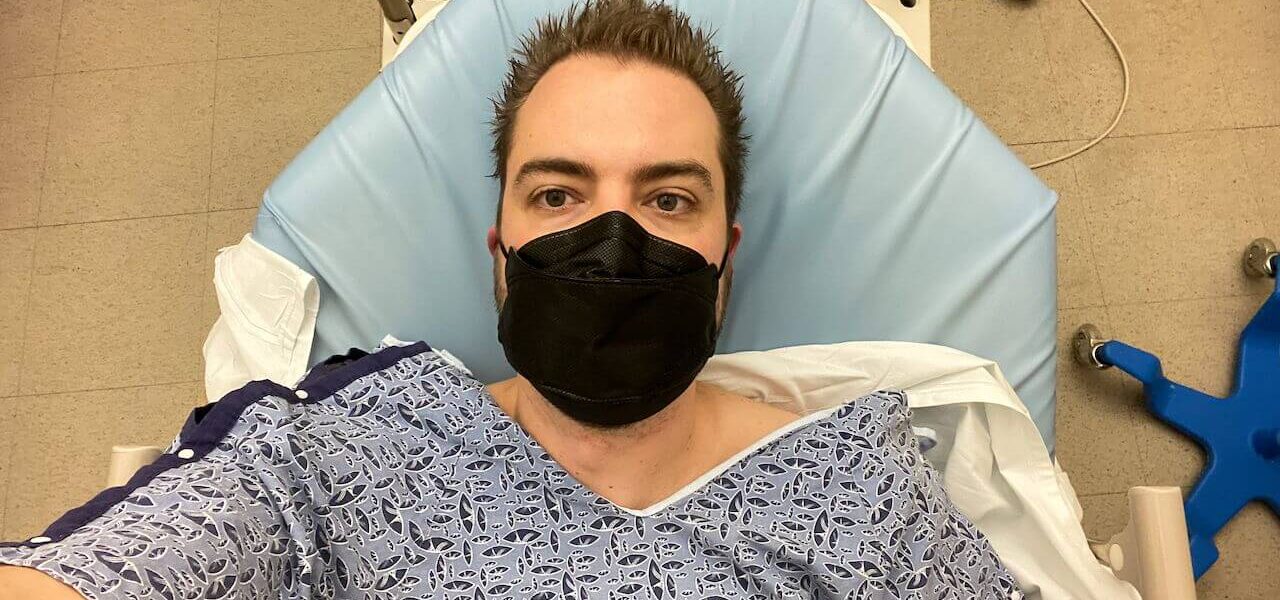Understanding and Managing the Best Passing Kidney Stones Symptoms: A Comprehensive Guide
Introduction
Kidney stones, the crystalline formations that can wreak havoc on the human body, often elicit excruciating pain and discomfort. Recognizing the symptoms of passing kidney stones is not just about understanding physical sensations; it is a crucial step toward timely intervention and effective management. In this comprehensive guide, we journeyed to unravel the complexities surrounding kidney stones – from their formation and types to the often-overlooked early warning signs that demand our attention. Understanding passing kidney stones symptoms is crucial for early detection and effective management of this painful condition.
The significance of recognizing passing kidney stones symptoms lies in the ability to address the condition promptly, minimizing discomfort and facilitating a smoother recovery process.
Amid the intricate workings of our kidneys, these small, seemingly innocuous stones can cause significant distress. As we navigate kidney stone symptoms, we will gain insights into their definition, the diverse types that can manifest, and the intricate interplay of factors contributing to their formation. It is not merely an exploration of pain but a quest to empower you with knowledge, enabling you to decipher the language of your body and take charge of your kidney health.
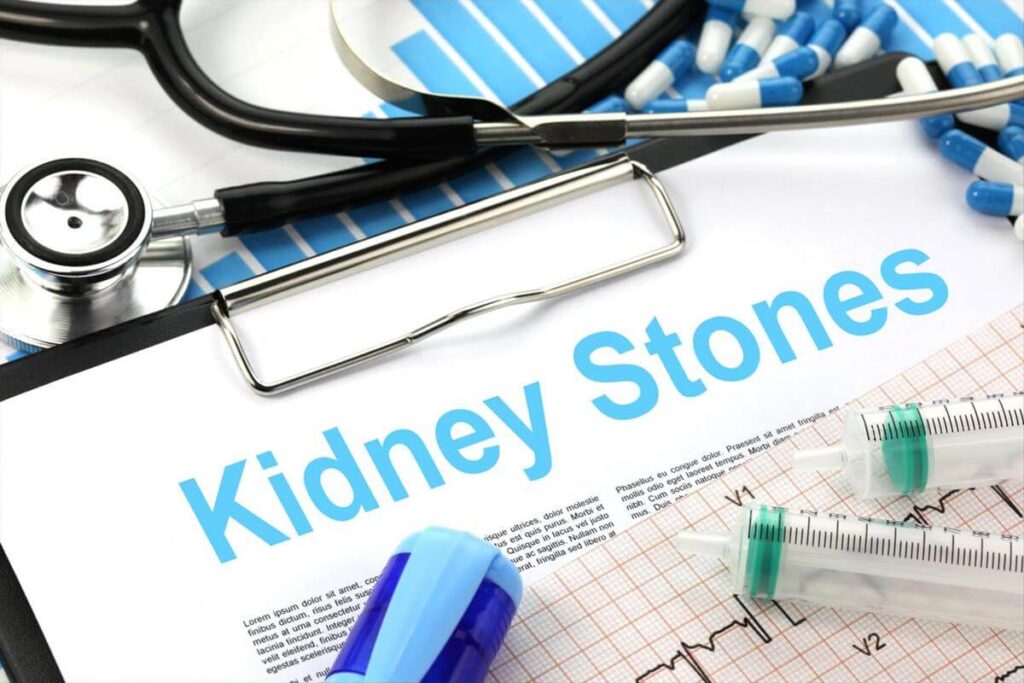
Beyond the physical manifestations, we delve into recognizing symptoms early on. Kidney stones, often likened to uninvited guests, bring a distinctive set of signs that should not be dismissed lightly. The purpose of this exploration extends beyond the realms of medical understanding; it is a call to action, urging individuals to heed the signals their bodies send and fostering a proactive approach to kidney stone management.
As we traverse this comprehensive guide, the underlying principle is clear – knowledge is power. With an understanding of kidney stones, why they form, and the myriad ways they can manifest, you gain the tools needed to navigate the journey ahead. It is not merely a journey through symptoms but a roadmap for informed decision-making, ensuring that the path to managing and overcoming kidney stones is well-lit with knowledge. So, let us embark on this expedition, exploring the intricate landscape of passing kidney stones symptoms and emerging on the other side with a heightened sense of awareness and empowerment.
What Are Kidney Stones?
Another name for kidney stones is renal calculi, which are hard deposits in the kidneys when certain compounds in urine crystallize. Kidney stones can also result from struvite, cystine, uric acid, calcium phosphate and oxalate stones. Understanding the formation and composition of kidney stones is crucial for effective management. Recognizing the signs of passing kidney stones symptoms can help individuals seek timely medical attention to alleviate discomfort.
Passing Kidney Stones Symptoms
The early signs of passing kidney stones can be subtle, making it essential to pay attention to your body. The hallmark symptom is a sharp or dull back or side pain known as renal colic. Pain during urination, changes in urine colour, and blood in the urine are also common indicators. Recognizing the severity and urgency of symptoms, including nausea, vomiting, and persistent pain, is vital for seeking prompt medical attention. The intense pain, accompanied by changes in urine color and frequency, are common passing kidney stones symptoms that necessitate medical evaluation.
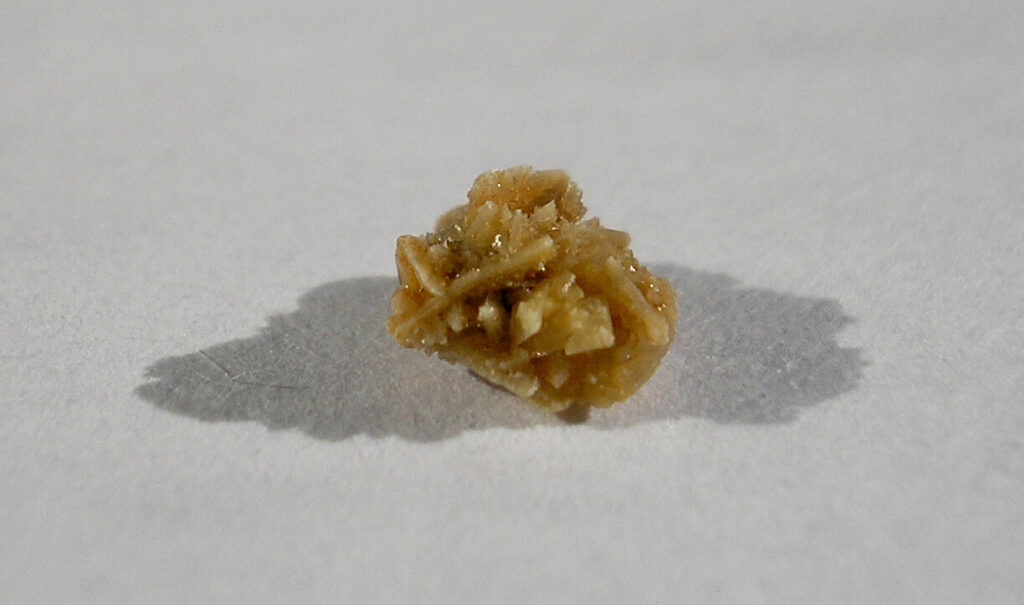
Diagnosing Kidney Stones
Medical practitioners use a mix of physical examination, medical history, and various imaging and laboratory tests to diagnose kidney stones accurately. X-rays, CT scans, and ultrasounds are commonly used for imaging, while urinalysis and blood tests help determine stone composition and assess kidney function. Timely and accurate diagnosis is crucial for devising an appropriate treatment plan. Sharp lower back pain and blood in urine are indicative passing kidney stones symptoms that warrant prompt medical intervention.
Treatment Options
The method used to treat kidney stones varies depending on the symptoms’ size, makeup, and intensity. Conservative management involves pain control, hydration, and dietary modifications. Medications may be prescribed to facilitate stone passage, while procedures like Extracorporeal Shock Wave Lithotripsy (ESWL), Ureteroscopy, and Percutaneous Nephrolithotomy (PCNL) may be employed for larger stones. Surgical intervention may be required in extreme situations. Early identification of passing kidney stones symptoms allows healthcare professionals to implement appropriate treatment plans and prevent complications.
Prevention Strategies
An essential component of long-term care is preventing kidney stone recurrence. Dietary recommendations include staying well-hydrated, adopting a low-sodium diet, and monitoring oxalate intake. Lifestyle changes promoting kidney health include frequent exercise and healthy weight. Medications may also be prescribed for individuals at a higher risk of stone formation. Awareness of passing kidney stones symptoms empowers individuals to take preventive measures and adopt lifestyle changes to reduce the risk. Knowing the signs, such as urinary urgency and persistent flank pain, assists in differentiating passing kidney stones symptoms from other conditions.
Coping with Passing Kidney Stones
One of the biggest challenges in kidney stone treatment is managing pain and discomfort. This section explores strategies for pain management, lifestyle adjustments during and after treatment, and the emotional and psychological aspects of dealing with kidney stones. Tips for stress and anxiety management and the importance of seeking support from healthcare professionals and support groups are highlighted. Timely diagnosis and understanding the range of passing kidney stones symptoms facilitate effective pain management and targeted interventions.
When to Seek Medical Attention
Recognizing the right moment to seek medical attention is critical to managing kidney stones effectively. While some discomfort is expected during the passage of kidney stones, sure signs and symptoms demand immediate attention to prevent complications. Knowing when to seek medical attention and recognizing the warning signs can significantly impact your kidney stone experience. From nausea to frequent urination, an awareness of passing kidney stones symptoms guides patients in reporting comprehensive information to healthcare providers.
Signs of Complications
Persistent and Intense Pain
Enduring persistent and intense pain that surpasses what is considered normal during the passage of kidney stones warrants immediate medical attention. This may indicate an obstruction or impaction of the stone, causing heightened discomfort and potential complications. Education about passing kidney stones symptoms is essential for promoting proactive health measures and fostering a proactive approach to kidney stone care.
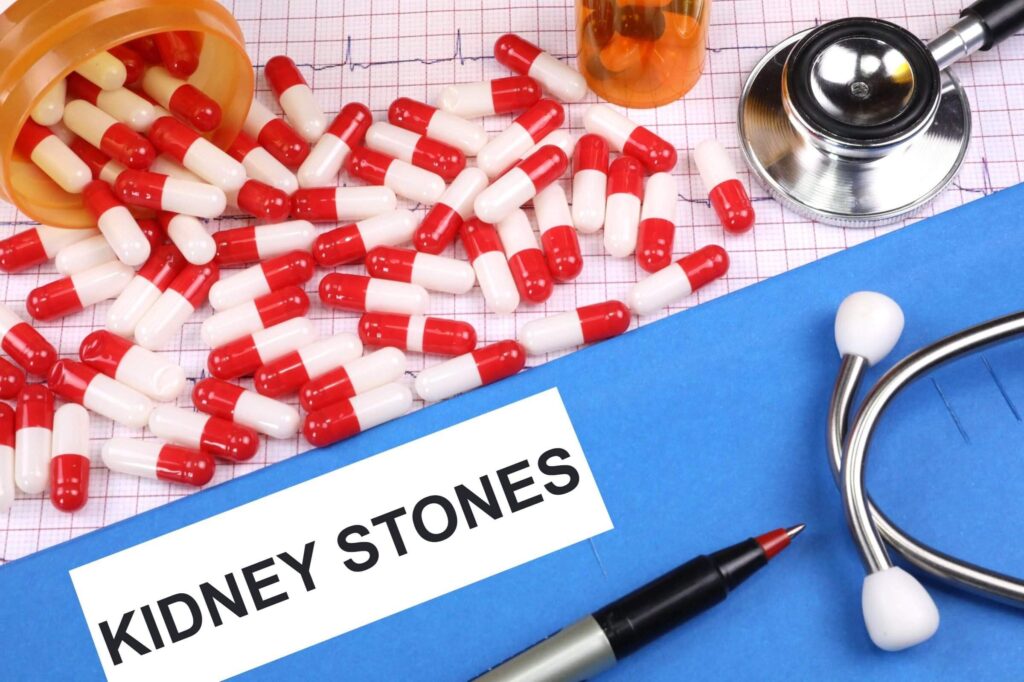
Fever and Chills
Fever and chills suggest a possible infection, which can arise when a kidney stone causes a blockage and impedes normal urine flow. Infections are serious and can escalate rapidly, necessitating prompt medical intervention.
Blood in Urine
While some blood in the urine is expected with kidney stones, an excessive amount or persistent bleeding may indicate a more severe issue. Hematuria, especially if accompanied by clots, should not be ignored and requires immediate medical assessment. Knowledge about passing kidney stones symptoms aids in distinguishing them from other conditions, facilitating accurate diagnosis and management.
Importance of Timely Medical Intervention
Preventing Kidney Damage
Timely medical attention is crucial to prevent potential damage to the kidneys. Suppose a stone obstructs the urinary tract for an extended period. In that case, it can lead to complications such as hydronephrosis, where the kidneys swell due to a buildup of urine.
Avoiding Infections
Acting quickly can prevent more severe effects by halting the infection’s progress to the kidneys. Kidney stones can produce an environment conducive to bacterial development, raising the risk of UTIs.
Effective Pain Management
Seeking medical attention promptly allows healthcare professionals to provide appropriate pain management strategies. Controlling pain not only improves the overall experience for the individual but also aids in addressing the root cause of the discomfort. Education about passing kidney stones symptoms is essential for promoting awareness and proactive measures to prevent complications.
In essence, the decision to seek medical attention for kidney stones is not just about alleviating immediate discomfort but is a proactive step toward preventing potential complications. Trust your instincts, and don’t hesitate to contact healthcare professionals when you experience symptoms that go beyond the norm. Kidney stones, when managed promptly and effectively, can be a manageable hurdle rather than an insurmountable obstacle to your well-being.
Conclusion
In concluding our expedition through the intricate landscape of passing kidney stone symptoms, we find ourselves armed with a wealth of knowledge that transcends mere medical understanding. Our journey was not merely a tour of the physical manifestations of kidney stones but a holistic exploration designed to empower you with insights crucial for proactive kidney health management.
As we reflect on the multifaceted aspects of kidney stones – from their formation and diverse types to the often subtle warning signs – it becomes abundantly clear that knowledge is the linchpin of effective intervention. Recognizing the nuances of symptoms is not just an exercise in deciphering bodily signals; it is an assertion of control, a proclamation that your understanding of your well-being transcends the realm of passive observation.
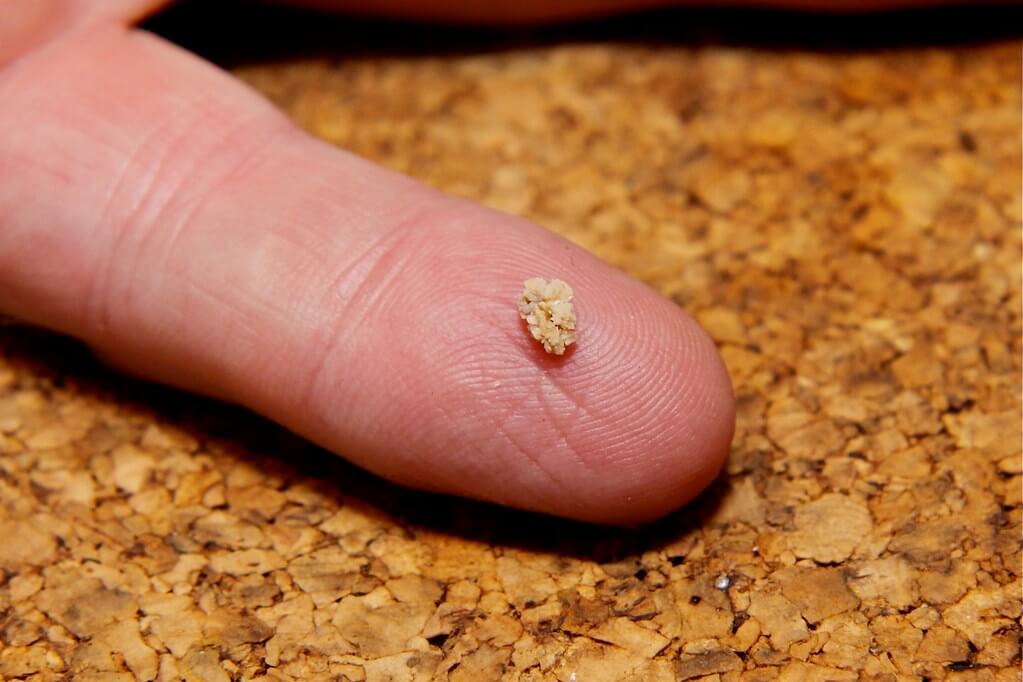
The comprehensive guide has provided a roadmap for navigating the challenging terrain of kidney stones, offering a nuanced understanding of the diagnostic procedures, treatment options, prevention strategies, and coping mechanisms. It is a testament to the resilience of the human spirit and the capacity for informed decision-making when armed with the correct information.
In this journey, we touched upon the importance of early detection, the significance of timely medical intervention, and the role of lifestyle modifications in preventing the recurrence of kidney stones. Beyond the physical aspects, we delved into the emotional and psychological toll this experience can take, highlighting the importance of seeking support and understanding.
As you emerge from this exploration, we hope you carry a deeper awareness of the symptoms of passing kidney stones and a sense of empowerment. Identifying passing kidney stones symptoms is crucial for timely intervention and relief from the discomfort associated with this condition.
May this manual be a source of wisdom that illuminates the way to the best possible renal health? Armed with this understanding, you are better equipped to navigate the challenges posed by kidney stones, transforming what may seem like an insurmountable obstacle into a manageable journey towards recovery and vitality. Your journey to kidney health is not just a medical expedition; it is a declaration of your commitment to self-care and a testament to the resilience of the human spirit in the face of adversity. Effective communication with healthcare providers about passing kidney stones symptoms facilitates personalized treatment plans and better outcomes.

